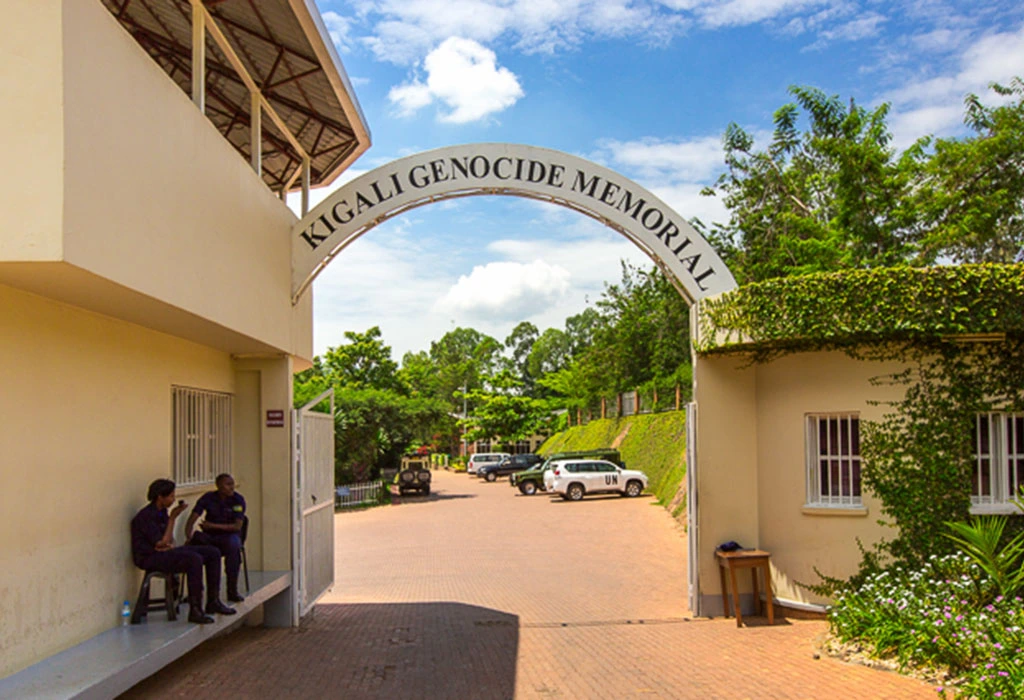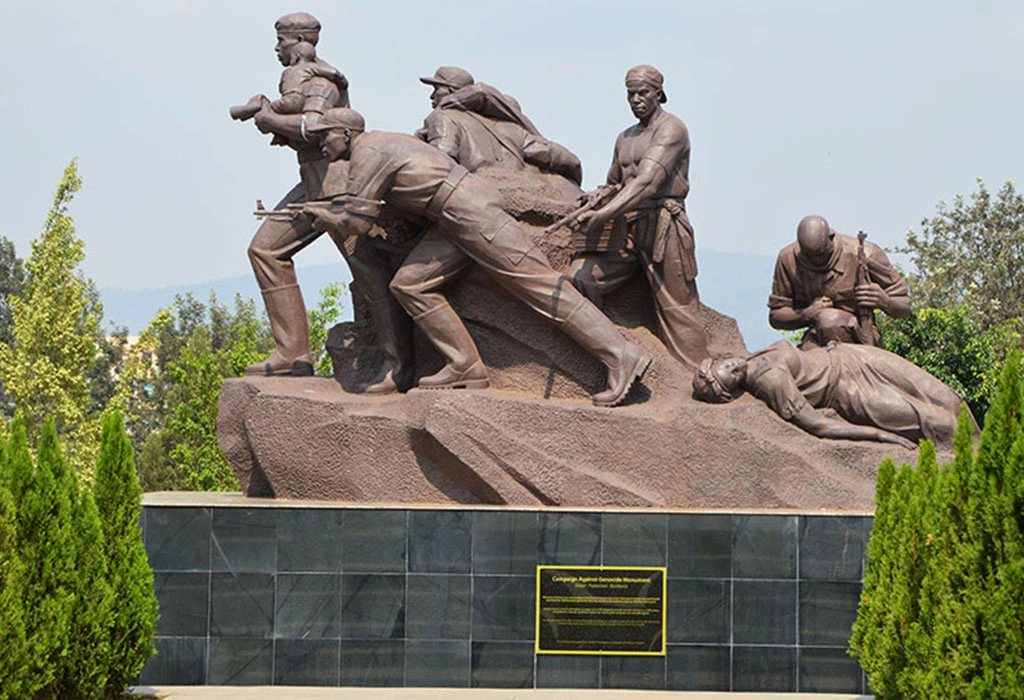Kigali City Tours and Cultural Experiences
Kigali, the capital city of Rwanda, is a remarkable destination where rich history meets vibrant culture and breathtaking landscapes. Nestled in the heart of Rwanda, the city is not just a political and economic hub but also a place with a deep sense of identity. Whether you are visiting for a few days or planning to explore for a longer period, Kigali offers a wealth of experiences that provide insight into the country’s tragic past, its impressive transformation, and its people’s resilience. From historical tours to cultural showcases, Kigali promises a unique and enriching journey for any traveler. Kigali City Tours and Cultural Experiences
Exploring Kigali’s Historical Significance

Kigali’s historical significance plays a pivotal role in shaping Rwanda’s national identity. As the capital of Rwanda, the city witnessed one of the most heartbreaking chapters in modern history: the 1994 genocide. Despite its painful past, Kigali now symbolizes the country’s remarkable recovery and rebirth. A must-see on any Kigali tour is the Kigali Genocide Memorial, one of the most significant landmarks in the city. This memorial serves as a solemn reminder of the lives lost during the genocide, where an estimated one million people were killed in just 100 days.
The Kigali Genocide Memorial offers visitors a moving and educational experience, with exhibits, photographs, and personal testimonies shedding light on the events leading to the genocide, the horrors that occurred, and the international community’s failure to intervene. It also highlights Rwanda’s journey of reconciliation and healing since then. The memorial is situated on a hill, providing stunning panoramic views of the city, creating an atmosphere of quiet reflection.
Beyond the Kigali Genocide Memorial, visitors can explore the Nyanza Genocide Memorial located in southern Kigali. This site offers a more intimate experience of the genocide’s impact, particularly in rural Rwanda. The Nyanza Memorial helps visitors gain a broader understanding of how the genocide affected both urban and rural communities across the country.
Discovering Kigali’s Neighborhoods
Kigali is a city of diverse neighborhoods, each with its unique charm. One of the most exciting aspects of visiting Kigali is exploring its districts, each offering a distinct facet of Rwandan culture and daily life.
Kacyiru, for instance, is the political heart of Kigali. It houses several government buildings and institutions, as well as the Kigali Convention Centre, an iconic modern structure that symbolizes the city’s rapid growth and development. Kacyiru is also home to the Presidential Palace Museum, which offers visitors a glimpse into Rwanda’s pre-genocide monarchy. The museum is an excellent place to learn about the country’s royal past and the historical transformations that led to modern-day Rwanda.
In contrast, Nyamirambo is a vibrant, bustling district that represents the cultural heartbeat of Kigali. Known for its large Muslim community, Nyamirambo offers visitors an authentic taste of Kigali’s daily life. The narrow streets of Nyamirambo are filled with shops, local markets, and street food stalls where visitors can sample delicious traditional snacks like mandazi (fried dough) and enjoy a cup of kivu coffee. A walking tour of Nyamirambo is a fantastic way to interact with locals, explore the area’s colorful street art, and perhaps purchase handmade goods from local artisans.
Rwandan Cultural Experiences
Kigali is the perfect place to immerse yourself in Rwanda’s rich cultural heritage. Traditional music, dance, and art are central to Rwandan identity, and Kigali offers various cultural performances and exhibitions that reflect this vibrant culture.
One of the most iconic cultural experiences is witnessing the Intore Dance, a traditional Rwandan dance that showcases the country’s heritage through rhythmic movements and highly skilled footwork. Dancers are often adorned in elaborate costumes, including animal skins and spears, and they perform to the beats of drums, offering a sensory experience that is both visually striking and energetic. Visitors can enjoy these performances at various cultural centers or during events at the Inema Art Center.
The Inema Art Center is one of Kigali’s premier cultural institutions, where a collective of local artists showcase modern interpretations of Rwandan heritage through painting, sculpture, and mixed media. The center holds regular exhibitions that include both traditional and contemporary artwork, providing a great opportunity to learn about the evolution of Rwandan art and how artists are reflecting on the country’s post-genocide identity.
Another must-visit cultural spot is the Ivuka Arts Gallery, dedicated to promoting contemporary Rwandan artists. Many of the pieces displayed here use recycled materials, reflecting Rwanda’s commitment to sustainability and environmental consciousness. The gallery offers a fascinating look at how the country’s culture is being reimagined by its artists.
For a more immersive experience, travelers can participate in workshops where they can learn traditional crafts such as weaving baskets, beadwork, and wood carving. Local artisans in Kigali are eager to share their expertise and skills, allowing visitors to gain a deeper appreciation for Rwandan craftsmanship.
Rwandan Cuisine: A Taste of Kigali
Kigali’s food scene is a reflection of Rwanda’s agricultural richness and cultural diversity. Rwandan cuisine is flavorful, hearty, and made from fresh, locally sourced ingredients. One of the most popular dishes in Rwanda is Isombe, a savory combination of cassava leaves cooked with onions, garlic, and peanuts, typically served with rice or plantains.
Another classic dish is brochettes, skewers of grilled meat, typically beef or goat, served with vegetables or starch. These are commonly found at local restaurants or street vendors and are often enjoyed with umushikiro, a traditional sorghum beer. Rwandan cuisine also includes a variety of stews made from beans, vegetables, and meat, all slow-cooked to perfection.
For those looking for a more formal culinary experience, Kigali boasts a growing food scene with upscale restaurants offering both local and international dishes. These establishments often feature fresh, organic ingredients and offer stunning views of the city. The Kigali Culinary Experience is a food tour that takes visitors through the city’s best eateries, providing the opportunity to savor both traditional Rwandan dishes and modern twists on the country’s cuisine.
Shopping and Local Markets
Kigali is home to a variety of local markets, where visitors can shop for handcrafted goods, textiles, and unique souvenirs. The Kigali Craft Market is a popular destination for tourists seeking high-quality souvenirs. Here, artisans sell handwoven baskets, jewelry, wooden carvings, and traditional clothing, all reflecting the rich heritage and ethnic diversity of Rwanda. These souvenirs make meaningful mementos of your trip to the country.
Conclusion: Kigali City Tours and Cultural Experiences
Kigali is a city that beautifully blends history, culture, and modernity. Whether you are visiting to explore Rwanda’s profound past, immerse yourself in its rich cultural traditions, or simply enjoy its stunning neighborhoods and natural beauty, Kigali has something for everyone. The city’s warm, welcoming people, combined with its growing cultural scene, make it an unforgettable destination for travelers seeking both reflection and adventure.




